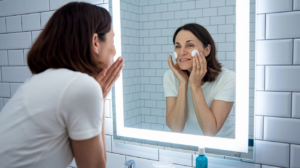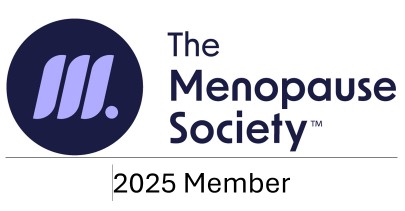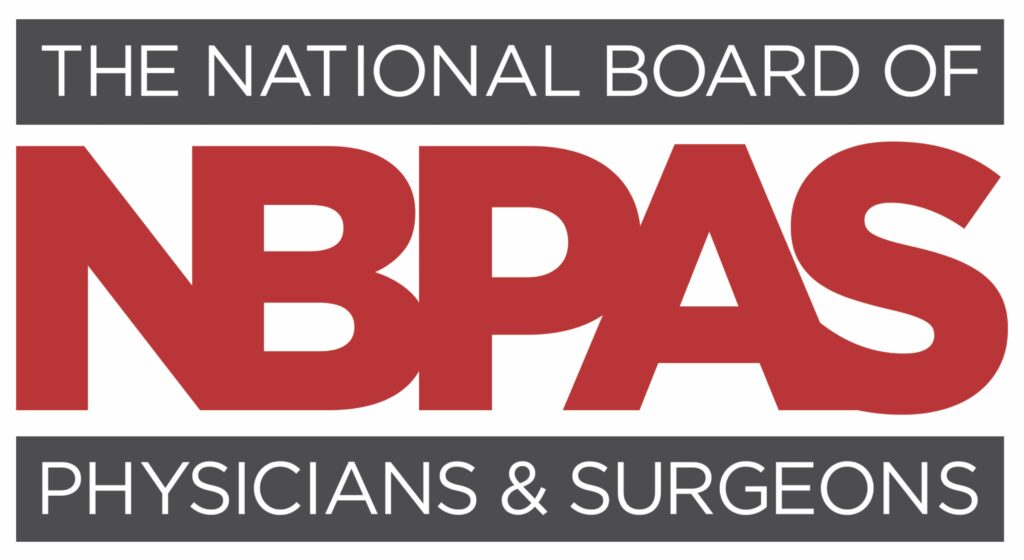
Perimenopause is already a wild ride—mood swings, hot flashes, irregular periods—but throw acne into the mix? That’s just unfair. Hormonal shifts during this transition phase can send your skin back to its teenage rebellion years, even if you’ve never had acne before. This blog breaks down why it happens, how to treat it, and what real solutions actually work.
TLDR – Quick Guide
- Hormonal acne during perimenopause is primarily triggered by fluctuating estrogen and androgen levels.
- It’s most common around the jawline, chin, and neck.
- Treatment isn’t one-size-fits-all: success often involves a mix of topical treatments, lifestyle adjustments, and sometimes hormonal therapy.
- Dermatologists and hormone specialists are your best allies.
- Products and routines that worked in your 20s likely won’t cut it now—time to upgrade your skincare playbook.
Detailed Breakdown
What Causes Hormonal Acne During Perimenopause?
The hormonal rollercoaster starts when estrogen levels begin to dip while androgens like testosterone stay steady or even rise. This imbalance triggers increased oil (sebum) production, clogged pores, and inflammation. It’s why breakouts start appearing around your lower face—the hormonal acne hotspot.
What Does It Look Like?
Hormonal acne during perimenopause usually shows up as:
- Deep, cystic pimples that linger for weeks.
- Concentrated breakouts on the chin, jawline, and neck.
- Breakouts that sync with your cycle—or what’s left of it.
This isn’t the typical blackhead-whitehead situation. It’s painful, stubborn, and often resistant to your old go-to treatments.
Effective Treatments That Actually Work
Here’s where you have options—and no, it’s not just “drink more water” (although do that too).
Topical Retinoids and Acne Treatments
- Products like adapalene and benzoyl peroxide help clear pores and reduce inflammation.
- Azelaic acid is a game-changer for sensitive skin.
Hormonal Therapies
- Birth control pills can help regulate hormone fluctuations.
- Spironolactone reduces androgen levels and oil production.
- Bioidentical hormone therapy, like the kind offered at Mirabile M.D., may be effective for balancing hormones more holistically.
Lifestyle Adjustments
- Low-glycemic, anti-inflammatory diets can reduce flare-ups.
- Stress management (hello, yoga and meditation) keeps cortisol—and acne—under control.
- Regular exercise supports hormone regulation.
Professional-Grade Skincare
- Consider clinical facials, chemical peels, and laser treatments like those at MedCosmetic.
- Always consult with a specialist before diving into advanced treatments.
Key Takeaways
- Yes, perimenopause can cause acne—even if you had clear skin your whole life.
- Treating hormonal acne requires a combination approach: think hormone balancing, skincare upgrades, and sometimes prescription meds.
- Watch out for triggers like sugar, dairy, and stress—they fan the flames.
- Over-the-counter products won’t always do the trick—don’t hesitate to seek professional care.
- You don’t have to suffer through it—modern treatments actually work.
FAQs
1. Can you suddenly get acne during perimenopause even if you never had it before?
Absolutely. Hormonal shifts can override your skin history. Many women experience their first real battle with acne during perimenopause.
2. Will hormonal acne go away after menopause?
For many, yes. Once hormone levels stabilize post-menopause, acne tends to fade. But this isn’t guaranteed—especially if there are other contributing factors like stress or diet.
3. What’s the best skincare routine for perimenopausal acne?
Keep it simple but effective: gentle cleanser, a treatment with retinoids or salicylic acid, non-comedogenic moisturizer, and SPF. Over-exfoliating or harsh products can backfire.
4. Are there natural remedies that help?
Yes—tea tree oil, spearmint tea, and zinc supplements show promise, but results vary. Always run natural remedies by a doctor or dermatologist to avoid reactions or interference with medications.
5. Is it worth seeing a hormone specialist or just a dermatologist?
Both can be incredibly helpful. Dermatologists target the symptoms, while hormone specialists like the team at Mirabile M.D. address the root cause.

